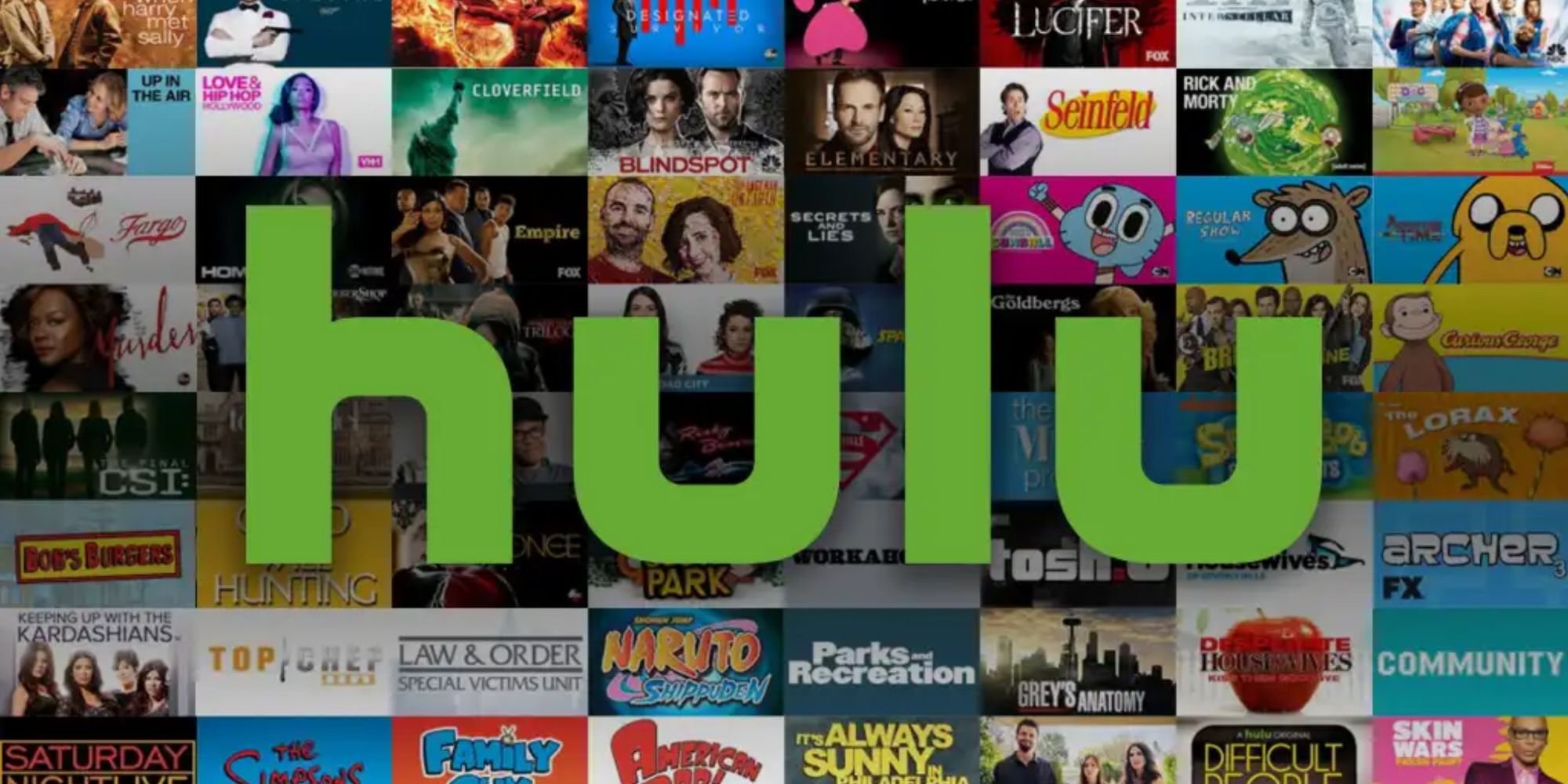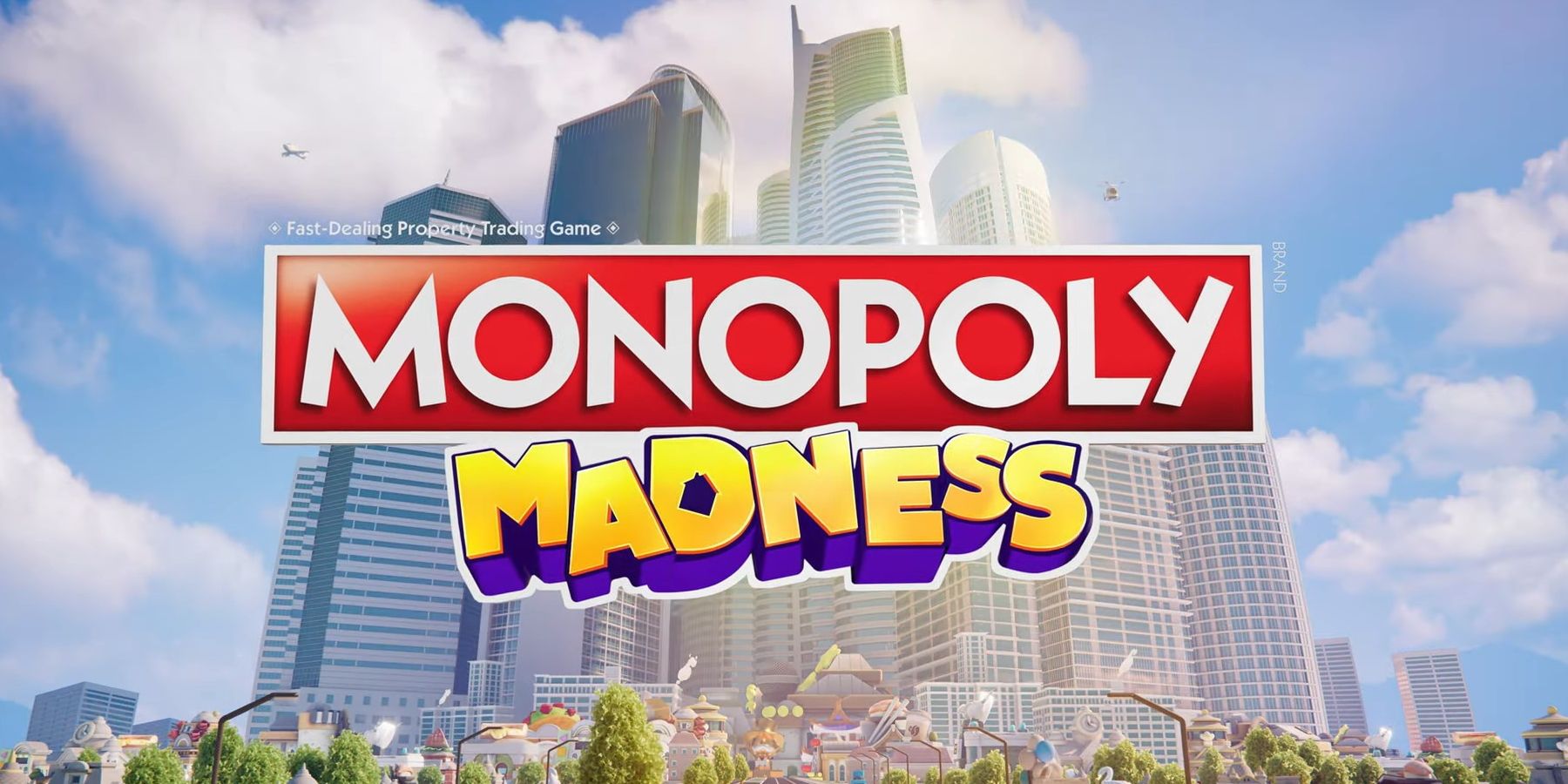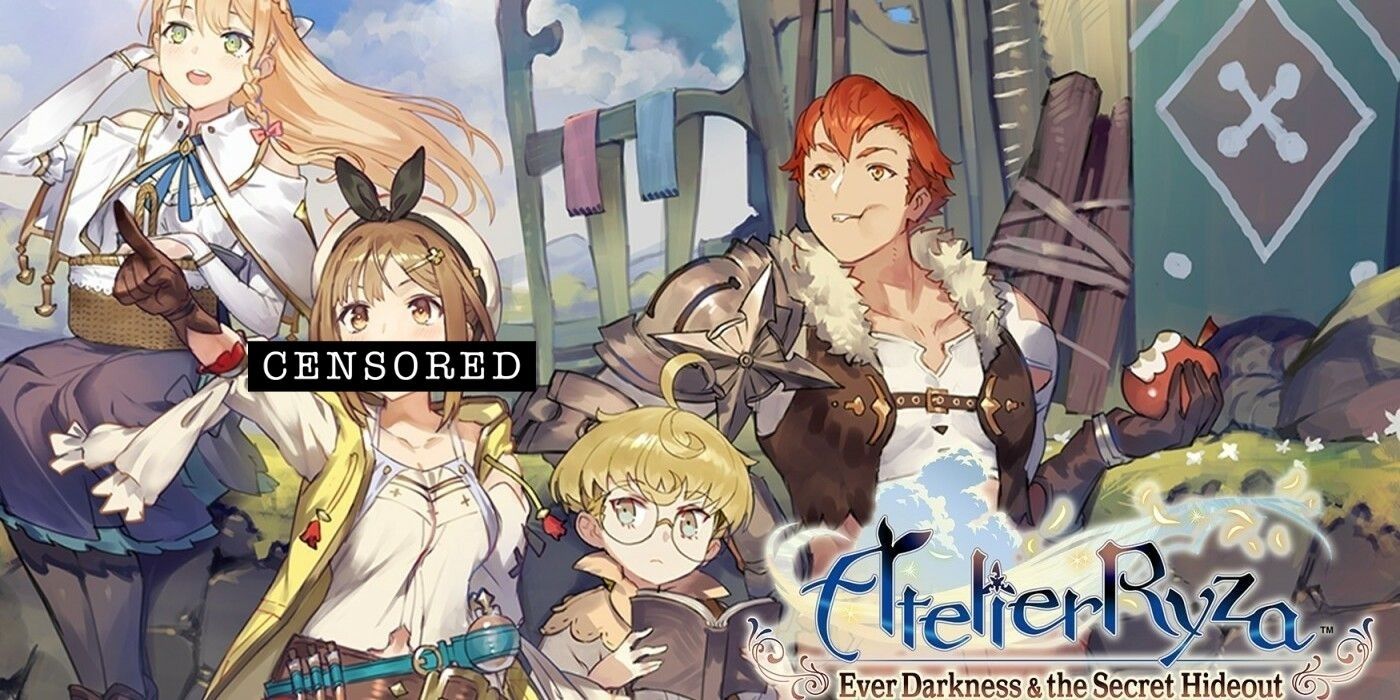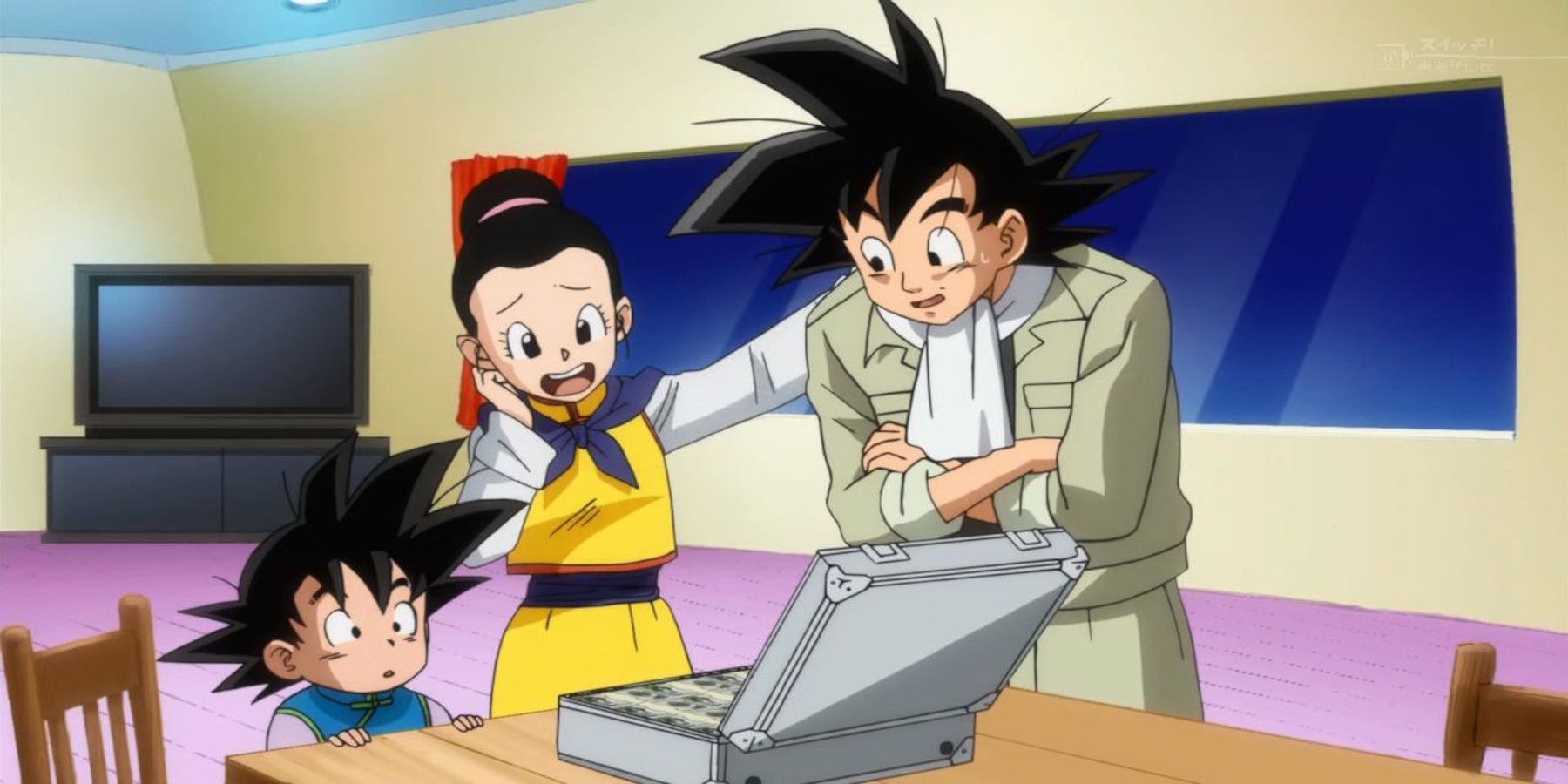Ask any anime fan whose been immersed in their hobby for more than a decade, and they will undoubtedly tell you that we are in a golden age of anime. The selection has never been bigger, access to legal sources of anime have never been more plentiful, and the shows themselves have never been cheaper. Compared to the days when you’re options were to import, buy DVDs, or hope Cartoon Network aired your favorite shows, anime fans have a lot to love about how they consume their hobby these days!
A lot of this is unquestionably due to the streaming era we live in. With companies like Crunchyroll, Netflix, and HiDive all investing considerable resources in acquiring older titles and funding newer productions, streaming has played a major role in making anime more accessible than it has ever been before. Yet with all the good things that come with streaming, there may be some unintended bad things that streaming has brought anime, and they are concerns that are worth thinking about.
There is Too Much Content
Though anime fans of the 80s and 90s may have had a problem in that there was not always a lot of shows to choose from, by having so many streaming services there is the debate that there is now too much content available. While waiting for an anime to air on TV or renting a DVD from your local Blockbuster was not exactly ideal, the series were spread out enough that anime fans could discuss them at length and determine whether or not that series was worthy of attention. Shows that were entertaining (like Cowboy Bebop and Trigun) became evergreen titles, always showing up on a shelf for new fans to discover.
If, on the other hand, the show was disliked (like Trouble Chocolate and Don’t Leave Me Alone Daisy) chances are you would hear about it far enough in advance that you would know to avoid it. Now there is so much content out there, that finding out about a turkey in advance has now become much more difficult. What may be worse though is that even if a show or movie is a gem that must be seen, there is so much other content to watch that good show may never find an audience now, despite how good it is. With so much content available, finding the treasures is harder than ever, which is a stark contrast to where we were even in the mid-2000s.
Anime in America in on the Verge of a Monopoly
Ever since Crunchyroll bought Funimation and Right Stuf International, there are fewer companies fans can legally get anime (despite the overabundance of content). With the two biggest anime companies in America permanently merging, it is estimated that this one company controls more than 70% of the anime in the States. While one of the positives this creates is that subscribing to Crunchyroll grants viewers access to more anime than they could ever want, this has also had some worrisome implications for the industry as a whole.
Anime is More Vulnerable to Censorship
One of those issues is censorship. While censoring was once a necessary evil in bringing over anime to America, it is a practice that was largely left in the past. Thanks to the internet though, more people are discussing anime in general, and some content that is deemed adult in nature or contains jokes that may not have translated (or aged) well become frequent targets from online critics. In the past, there were several companies available, and if one company had a problem with a show they licensed, another company was willing to make a deal to pick up on it. Or, in some cases, two versions would be made available on DVD: the uncut version and the edited version. It was up to the consumer to make a choice.
Now with only a couple of anime companies controlling over 70% of the market, critics just have to target a couple of companies with Twitter campaigns to voice their concern over material they deem "problematic," and soon the show is in danger of being censored (if not outright removed). A good example is Interspecies Reviewers, which was controversial due to the adult nature of the show. Funimation pulled the anime from Funimation Now after three episodes for “not being up to [their] standards,” yet fans were grateful to see Right Stuf’s internal company - Naomi - picked up the series and gave it a BluRay release.
However, now Crunchyroll owns both Funimation and Right Stuf. If a future show runs into similar problems and is deemed unsuitable for that streaming platform, is there another home to go to? For that matter, with a near monopoly, would licensors even have a choice to shop their show to other streamers if Crunchyroll doesn’t want it? Would shows that got pulled thanks to a letter writing campaign ever get a BluRay release? The answers to all these questions grow more uncertain by the day.
Pay Has Gotten Worse for Artists
This has become an issue that is rightfully being explored more, but thanks to streaming paying much less than DVD and theatrical tickets, artists all across the board are getting paid less for their hard labor. With fewer anime companies out there, the ability for an anime studio to negotiate a good deal for their show has been dismissing significantly. What’s more, knowing that streaming has more content than it knows what to do with, a series has to be a truly huge hit to make any real money online as it is.
What’s more, English voice actors – already underpaid as it is – are finding efforts to unionize difficult. Not only because the amount of anime companies in America is shrinking, but also because streaming makes numbers on viewership difficult to come by. This isn’t a new problem (Netflix and Disney come under fire for keeping streaming numbers a secret), but for voice actors who are underpaid as it is, that information being behind lock and key makes negotiating for a union contract much more difficult than it already is. Animators and actors deserve a living wage, but until streaming numbers start getting shared they have a difficult road in negotiating said pay.
Ownership is Eroding
While the newer generation may find that ownership is becoming increasingly less appealing, it should none-the-less be stressed that streaming does NOT equate to security (nor do digital purchases in general, for that matter)! Netflix and HBO Max have come under fire for removing original shows and movies from their streaming platforms and simply (as many would say) ‘disappearing’ the content. This is a violation of the promise that original series would never go anywhere. Anime is in a considerably worse position as anime licenses expire, meaning anime disappears from streaming all the time.
With companies failing to provide physical copies of their shows to consumers (especially in the case of Netflix funded anime), when an anime disappears from streaming there is no guarantee that fans will ever have a chance to view it again. And this is just for licenses that expire; chances are there will be a day when streaming companies remove titles that simply aren’t being viewed enough, making the chances of your favorite anime disappearing forever even more of a concern.
In Conclusion
The point of this article is not to make it sound like streaming is dooming the anime industry. We’ve praised the positive effects of streaming on this site before and will continue to do so. There is no such thing as a perfect system though, and while there are many things about the old days of watching anime most of us are glad are gone for good, we must acknowledge the new pitfalls that come with the era. Don’t dwell on it to the point where you don’t enjoy your anime, just keep in mind that the system is not perfect and has some serious problems the old system didn’t have.






.jpg)
